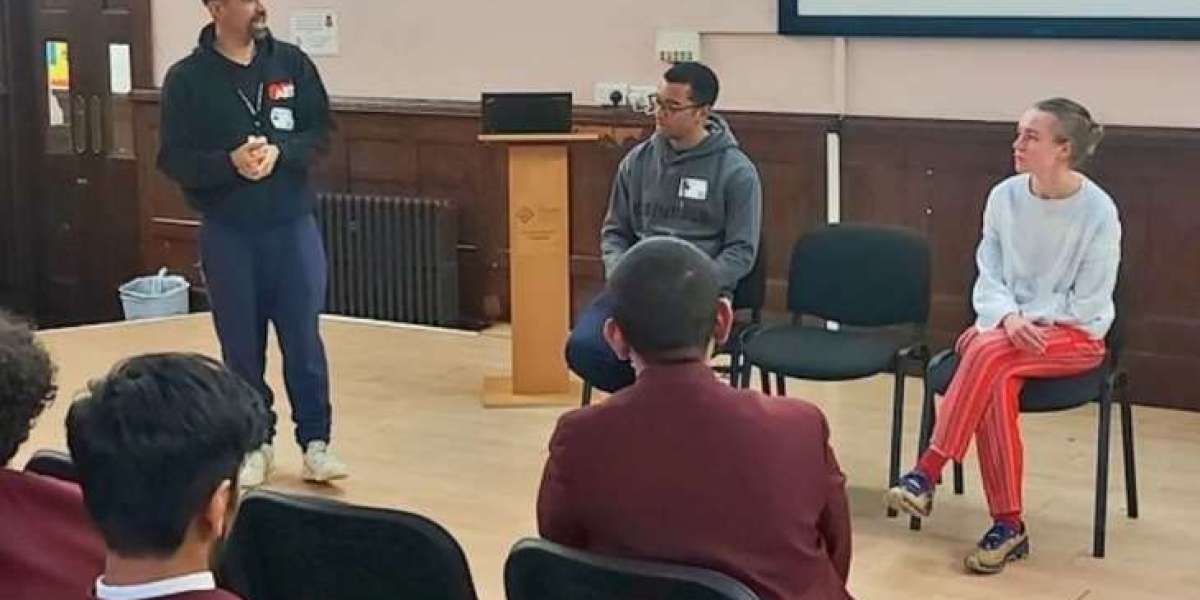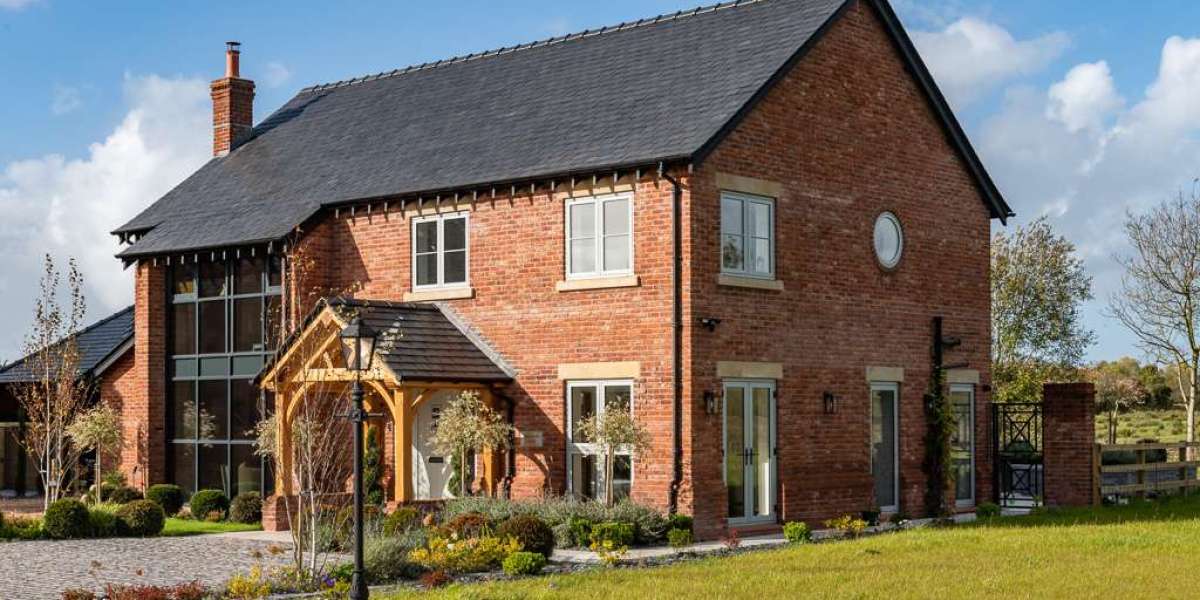Introduction
Islamic secondary schools have become a cornerstone of education for Muslim families who wish to see their children thrive both academically and spiritually. These schools offer a unique environment where modern education is blended with Islamic teachings, preparing students to excel in their careers while remaining rooted in faith. This balance of worldly knowledge and spiritual grounding makes Islamic secondary schools a strong choice for parents who prioritise both academic excellence and moral upbringing.
The Role of Islamic Secondary Schools
Secondary education is a formative stage in a child’s life. At this age, students face challenges not only academically but also socially and emotionally. Islamic secondary schools are designed to help students navigate this critical period by integrating Islamic values into their learning journey. Through daily prayers, Qur’an recitation, and Islamic studies, children gain the moral framework needed to make responsible choices.
Academic Excellence
Contrary to the misconception that faith-based schools only emphasise religion, Islamic secondary schools in the UK follow the National Curriculum, ensuring that students receive the same level of academic preparation as their peers in mainstream schools. Subjects such as mathematics, science, English, geography, and history are taught with high standards, often leading to strong GCSE results.
In addition, Islamic secondary schools encourage critical thinking, problem-solving, and creativity. The goal is to produce well-rounded individuals who can compete in higher education and professional fields while staying true to their beliefs.
Islamic Studies and Spiritual Development
What makes these schools distinct is their holistic approach. Alongside mainstream subjects, students are taught Qur’anic studies, Arabic, Hadith, and Seerah. Teachers integrate Islamic values into daily lessons, showing how faith applies in every aspect of life.
By fostering spiritual awareness, Islamic schools ensure that students develop a strong sense of identity. This not only protects them from negative social influences but also instils a sense of pride in being Muslim.
Extracurricular Activities
Beyond academics and faith, Islamic secondary schools focus on personal development through extracurricular opportunities. Sports, debate clubs, science fairs, and community service projects allow students to discover their talents. Many schools also organise Islamic events such as Qur’an competitions, charity drives, and interfaith dialogues to promote social responsibility and leadership skills.
Creating a Safe and Supportive Environment
One of the main advantages of Islamic secondary schools is the safe, nurturing environment they provide. Modest dress codes, daily prayers, and Islamic ethics ensure a respectful and disciplined atmosphere. Bullying and peer pressure are less prevalent, as students share similar cultural and religious values.
This sense of belonging boosts confidence and allows children to focus on their learning without feeling conflicted about their identity.
Strong Community Links
Islamic secondary schools are often closely linked with local mosques and community organisations. This helps students remain connected to their wider Muslim community while also engaging in outreach programmes that promote mutual respect with other faith groups.
Challenges Faced by Islamic Secondary Schools
Like all institutions, Islamic schools face challenges such as funding, Ofsted inspections, and misconceptions in the wider media. Despite this, many have managed to achieve excellent ratings and build strong reputations. Parental involvement and community support play a vital role in sustaining these schools.
Conclusion
Islamic secondary schools provide much more than education—they create future leaders grounded in knowledge, values, and faith. By balancing academic excellence with Islamic principles, these schools equip students to face the world with confidence, discipline, and compassion. For parents seeking an education that nurtures both deen and dunya, Islamic secondary schools are a trusted and inspiring choice.













